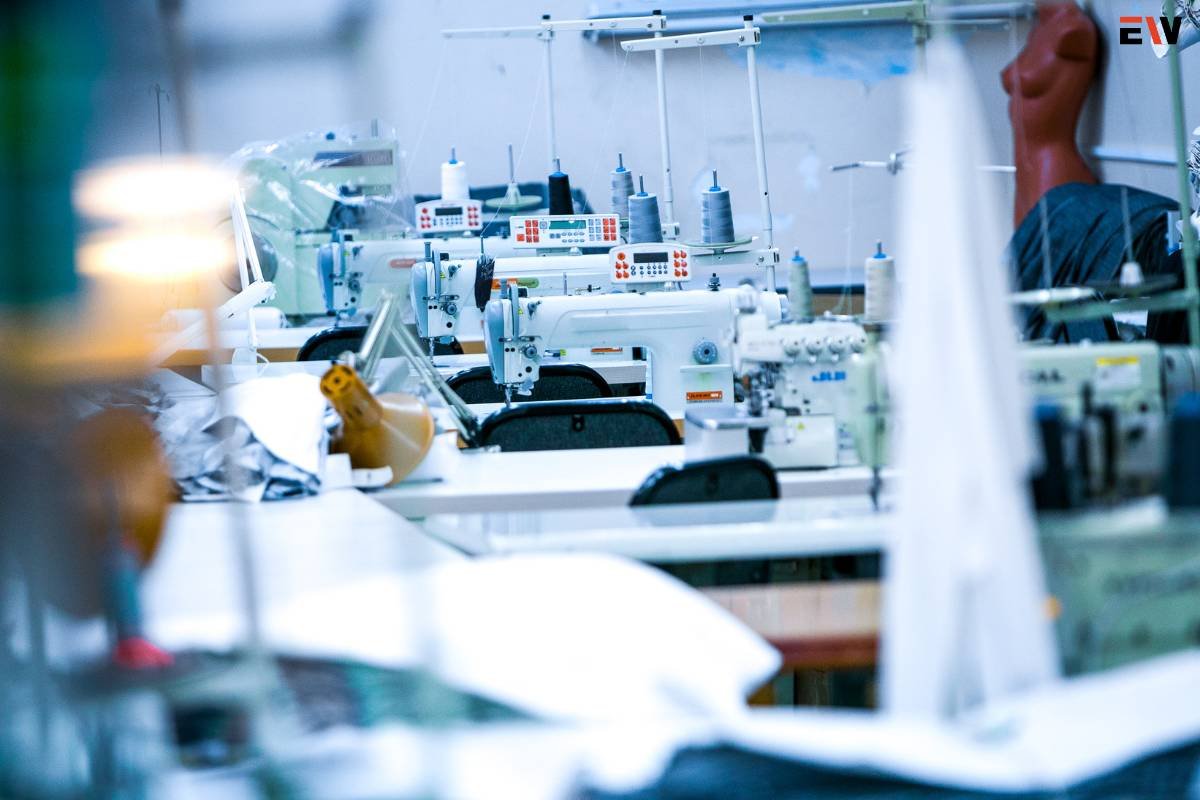Modern manufacturing is blessed with so many technologies and new methods that are taking it a step further in terms of speed, efficiency, and quality. Personalized manufacturing is one such concept that stands out as a game-changer. This innovative approach to production is reshaping industries and consumer expectations, allowing companies to create products that are uniquely tailored to individual needs and preferences.
In this article, we will dive deeper into personalized manufacturing, exploring its principles, applications, and the transformative impact it is having on various sectors of the economy.
1. The Rise of Personalized Manufacturing
Personalized manufacturing, often referred to as mass customization, represents a departure from traditional mass production methods. While mass production involves the creation of standardized products in large quantities, this method focuses on producing customized items on a large scale. This shift is made possible by advancements in technology, including 3D printing, digital design tools, and data analytics.
2. The Key Principles of Personalized Manufacturing

- Customer-Centric Approach: At the heart of personalized manufacturing is a customer-centric approach. Companies strive to understand the unique preferences and needs of each customer, allowing them to create products that align with individual tastes.
- Flexible Production: Unlike traditional manufacturing, which relies on fixed assembly lines and molds, this method employs flexible production systems. These systems can quickly adapt to changes in product specifications, making it easier to accommodate customization.
- Digital Design and Prototyping: Digital tools play a crucial role in personalized manufacturing. Companies use computer-aided design (CAD) software to create detailed product designs and prototypes. This digitalization allows for rapid adjustments and customization.
- Data-Driven Decision-Making: Data analytics and artificial intelligence (AI) are instrumental in personalization. By analyzing customer data and preferences, manufacturers can make informed decisions about product design, features, and even pricing.
3. Applications of Personalized Manufacturing
- Fashion and Apparel: Personalized manufacturing has taken the fashion industry by storm. Companies like Nike offer customizable sneakers, allowing customers to choose colors, materials, and even add personalized text or graphics. This approach not only meets individual style preferences but also enhances the emotional connection between the customer and the product.
- Automotive: In the automotive sector, personalization goes beyond choosing the car’s color. Some manufacturers enable customers to select specific features, such as interior materials, entertainment systems, and safety options. This level of customization ensures that each vehicle caters to the buyer’s unique requirements.
- Technology and Electronics: It has revolutionized the technology industry as well. Companies like Apple offer engraving and custom configurations for their devices. Additionally, some electronics manufacturers allow customers to design their own circuit boards or select components based on their needs.
- Consumer Electronics: The world of consumer electronics has also embraced personalization. Smartphone manufacturers offer customizable cases, colors, and accessories. Customers can even select the specifications of their devices, tailoring them to their usage patterns.
- Home Furnishings: This method extends to home furnishings, where customers can choose the fabric, color, and design of furniture items. Customized kitchen appliances and cabinetry are also gaining popularity.
4. Benefits of Personalized Manufacturing

- Enhanced Customer Satisfaction: Personalization leads to greater customer satisfaction as consumers receive products that align with their preferences, leading to a stronger emotional connection with the brand.
- Reduced Inventory Costs: Traditional manufacturing often requires holding large inventories of finished products. In this method, products are made to order, reducing the need for extensive storage and minimizing the risk of overproduction.
- Competitive Advantage: Companies that embrace personalized manufacturing gain a competitive edge by offering unique products that differentiate them from their competitors.
- Data-Driven Insights: Personalized manufacturing generates valuable customer data, which can be leveraged for future product development, marketing strategies, and pricing decisions.
5. Challenges and Considerations
While personalized manufacturing offers numerous advantages, it is not without its challenges:
- Complex Supply Chain Management: Managing a complex supply chain to support customization can be challenging. Companies must ensure a seamless flow of materials and components to meet individualized orders.
- Production Efficiency: Achieving economies of scale in personalized manufacturing can be difficult, as production lines must constantly adapt to changing product specifications.
- Quality Control: Maintaining consistent product quality across a wide range of customized products can be a significant challenge.
- Cost Management: Personalization can increase production costs, and companies must find ways to manage these costs without passing them on to the customer.
6. Sustainability in Personalized Manufacturing
In an era where sustainability is a paramount concern, personalized manufacturing can also play a role in reducing waste and environmental impact. By producing items on-demand and only when they are needed, companies can significantly cut down on excess inventory, which often leads to unsold products being discarded or sent to landfills. Moreover, digital design tools and 3D printing technologies enable manufacturers to optimize material usage, reducing scrap and promoting responsible resource management.
7. The Role of Artificial Intelligence

Artificial intelligence (AI) and machine learning are becoming increasingly essential in the world of personalized manufacturing. These technologies can analyze vast datasets to identify trends in consumer preferences, helping manufacturers anticipate customization needs. For instance, AI can predict which product features are likely to be popular among certain demographics, enabling companies to proactively offer those options to customers.
AI also plays a crucial role in quality control and production efficiency. Through the use of computer vision and machine learning algorithms, defects and anomalies in customized products can be quickly identified and corrected during the manufacturing process. This ensures that personalized products meet the same stringent quality standards as their mass-produced counterparts.
Conclusion
Personalized manufacturing is not just a trend; it’s a transformative force that is reshaping the way products are designed and produced. By focusing on individual customer needs and leveraging advanced technologies, companies can create products that resonate with consumers on a personal level. As personalized manufacturing continues to evolve, it will undoubtedly lead to even more innovative and customized products, revolutionizing industries and elevating the customer experience to new heights. Embracing this approach can be a win-win for both manufacturers and consumers, offering greater choice, enhanced quality, and increased customer loyalty in the world of manufacturing.










